The pros and cons of Ulez
Lower levels of air pollution will come at a cost to some motorists in this bitterly divisive issue
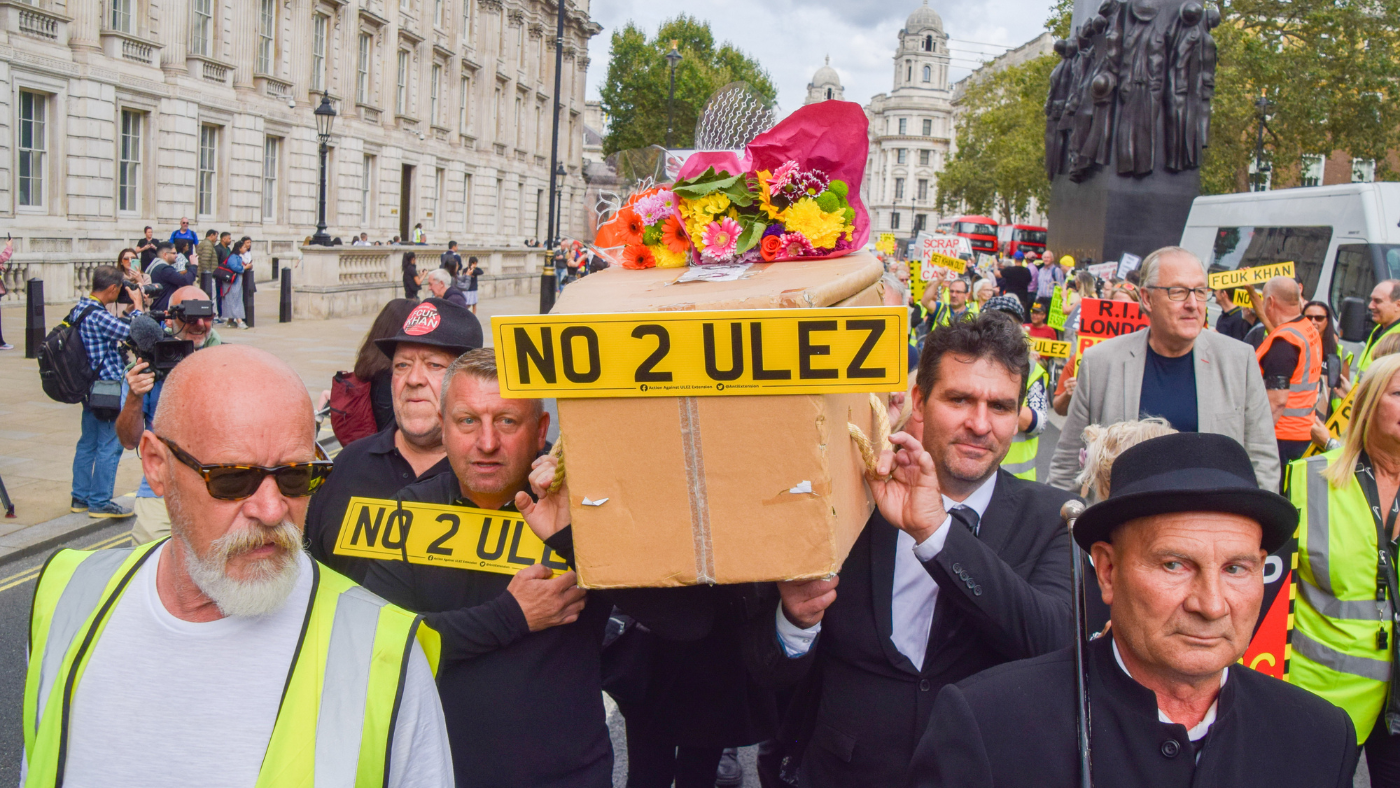
A free daily email with the biggest news stories of the day – and the best features from TheWeek.com
You are now subscribed
Your newsletter sign-up was successful
After months of challenges from campaigners, opposition politicians and members of his own party, Sadiq Khan described the expansion of London’s ultra-low emission zone as a “landmark moment” for the city.
“The decision to expand the Ulez London-wide was a difficult one,” the London mayor said on Tuesday, “but necessary to save lives.” The Conservatives pitched the policy as part of a Labour-led “war on motorists”, and it was considered a decisive factor in the Tories retaining the Uxbridge and South Ruislip seat in July’s by-election.
The divisive topic has also split Londoners, with 47% in favour of expanding the zone and 42% against, according to a recent YouGov poll of 1,000 people for ITV. While politicians weigh up whether green policies are vote winners, here are some of the key issues that have shaped the tempestuous Ulez debate.
The Week
Escape your echo chamber. Get the facts behind the news, plus analysis from multiple perspectives.

Sign up for The Week's Free Newsletters
From our morning news briefing to a weekly Good News Newsletter, get the best of The Week delivered directly to your inbox.
From our morning news briefing to a weekly Good News Newsletter, get the best of The Week delivered directly to your inbox.
1. Pro: improve air quality
Air pollution poses the biggest environmental threat to public health in the UK, according to the Office for Health Improvement & Disparities. It is responsible for between 28,000 and 36,000 deaths each year.
The aim of Ulez is to reduce the level of atmospheric pollution in London by limiting the amount of nitrogen dioxide emissions released by cars driving through the city.
Professor Frank Kelly of Imperial College London told the BBC that no area of the capital currently meets the World Health Organization’s air quality guidelines, “so that means everywhere you go the air you are breathing is having some impact on your health”.
In the four years since Ulez was introduced, first in central Lonon in 2019 and then inner London in 2021, it has succeeded in lowering air pollution in the city. A report published by the mayor of London’s office in February indicated that nitrogen dioxide levels in central London were 46% lower now than they would have been without the Ulez scheme, and 21% lower in inner London.
A free daily email with the biggest news stories of the day – and the best features from TheWeek.com
2. Con: costs for drivers
People with non-Ulez-compliant cars will have to pay £12.50 per day that they drive within the 600-square-mile zone, or face a penalty charge of up to £180. These drivers are being encouraged to invest in Ulez-compliant vehicles in order to avoid paying the charge, and can apply for up to £2,000 towards the cost of a new car by putting their previous one through the mayor of London’s scrappage scheme.
But £2,000 won’t cover the full cost of switching to a more environmentally friendly vehicle, said economist Julian Jessop in The Telegraph, particularly as the price of second-hand vehicles has increased. And as a result, the Ulez expansion could disproportionately affect people living in areas that aren’t well served by public transport, “which includes much of the periphery of London”.
That is likely to mean that poorer households will be harder hit by the financial burden, Jessop continued, while “the better off will simply swallow the additional cost”.
3. Pro: encourage greener transport
The Ulez expansion has been introduced to not only protect public health, but to help tackle climate change, said Khan, who describes himself as a “doer, not a delayer” on environmental issues. Money raised through the Ulez charge will be reinvested into London’s public transport network, to provide greener ways of travelling across the city.
Transport for London (TfL) lists the low-emissions options for drivers with non-compliant vehicles. Other than scrapping a car, they include using public transport, walking or cycling, making off-peak journeys or joining a car club. For those who need access to a personal car, TfL recommends investing in an electric vehicle or a second-hand car that is in line with Ulez standards, a more eco alternative to continuing to drive a non-compliant car.
4. Con: not enough notice
Some politicians and campaigners have criticised the notice period between the announcement of the zone’s expansion last November and the change coming into effect, which was nine months. They argue this did not give drivers enough time to invest in cars that met Ulez standards.
The previous Ulez expansion, which saw the zone’s boundary extended from central London to include the North and South Circular roads, was announced in 2019 and came into effect in 2021, giving people “almost two and a half years to prepare”, said the BBC.
And in other cities with clean-air zones, notice periods much longer than nine months have previously been given, indicating such changes are “happening more quickly” in London.
5. Pro: global leader on air pollution
Other countries have introduced low-emission zones, but London’s Ulez now covers the largest area of any in the world. And the £12.50 daily charge “looks reasonable” compared to other cities with higher fines, said Forbes.
Drivers in vehicles that aren’t compliant with the French clean air act “risk on-the-spot fines” of €68 to €135 (£58 to £115) within Paris’s Boulevard Périphérique. In Glasgow, non-compliant vehicles can incur fines of £60, doubling with subsequent breaches to a maximum of £480.
Policymakers around the world will be “closely” watching the Ulez expansion, said The Observer, “as other cities weigh up whether to introduce similar schemes”.
6. Con: ‘loopholes’ for traders
Traders with vehicles that don’t meet Ulez standards will be allowed to claim any Ulez charges back when they file their tax returns, so long as each journey filed was “an exceptional trip solely for business”, the Financial Times reported.
While the news will be “a relief to thousands of traders”, the “loophole could lead to fewer drivers trading in their cars for cleaner alternatives”. And “it also raises questions over whether taxpayers far from London will partly subsidise drivers in one of the wealthiest parts of the country”.
Julia O'Driscoll is the engagement editor. She covers UK and world news, as well as writing lifestyle and travel features. She regularly appears on “The Week Unwrapped” podcast, and hosted The Week's short-form documentary podcast, “The Overview”. Julia was previously the content and social media editor at sustainability consultancy Eco-Age, where she interviewed prominent voices in sustainable fashion and climate movements. She has a master's in liberal arts from Bristol University, and spent a year studying at Charles University in Prague.
-
 NIH director Bhattacharya tapped as acting CDC head
NIH director Bhattacharya tapped as acting CDC headSpeed Read Jay Bhattacharya, a critic of the CDC’s Covid-19 response, will now lead the Centers for Disease Control and Prevention
-
 Ex-South Korean leader gets life sentence for insurrection
Ex-South Korean leader gets life sentence for insurrectionSpeed Read South Korean President Yoon Suk Yeol was sentenced to life in prison over his declaration of martial law in 2024
-
 At least 8 dead in California’s deadliest avalanche
At least 8 dead in California’s deadliest avalancheSpeed Read The avalanche near Lake Tahoe was the deadliest in modern California history and the worst in the US since 1981
-
 The pros and cons of new-builds
The pros and cons of new-buildsPros and Cons More options for first-time buyers and lower bills are offset by ‘new-build premium’ and the chance of delays
-
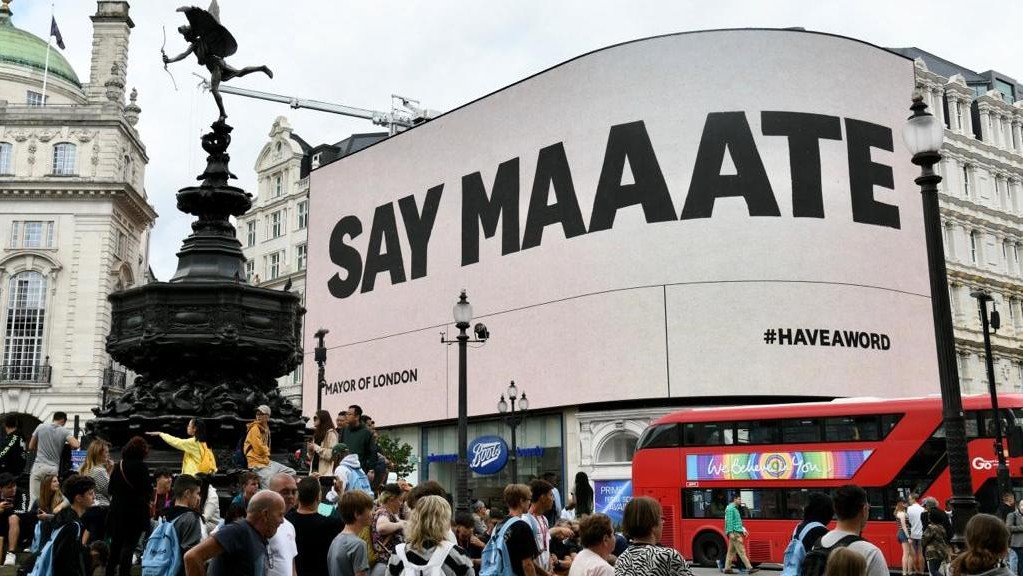 The ‘say maaate’ anti-sexism campaign: a case of right target, wrong action?
The ‘say maaate’ anti-sexism campaign: a case of right target, wrong action?Talking Point Mayor of London initiative aiming to tackle sexism in public has been criticised for being ‘patronising’
-
 Pros and cons of location sharing
Pros and cons of location sharingPros and Cons Safety benefits for parents and friends must be weighed against privacy concerns and malicious misuse
-
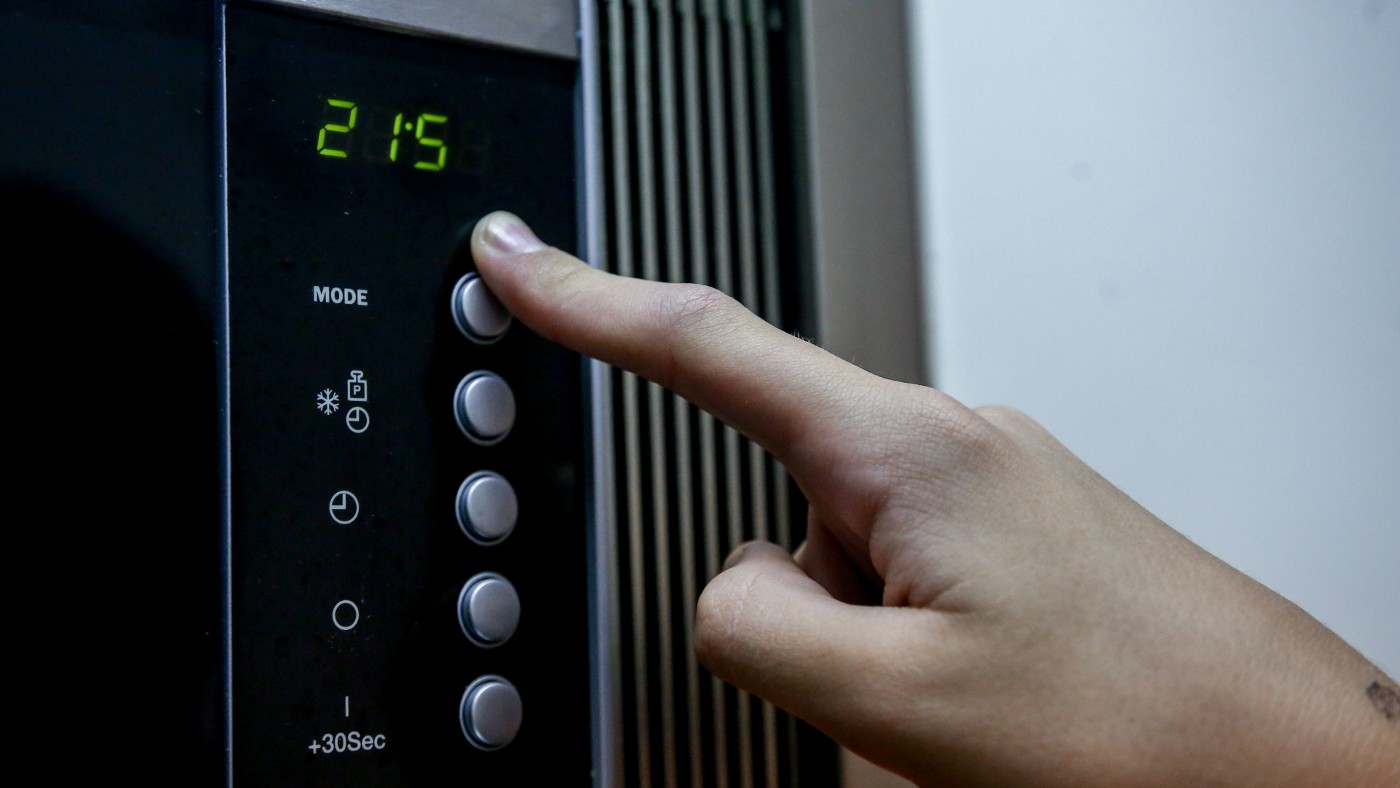 Pros and cons of microwaves
Pros and cons of microwavesPros and Cons The kitchen gadgets are convenient but one chef called them ‘world’s worst invention’
-
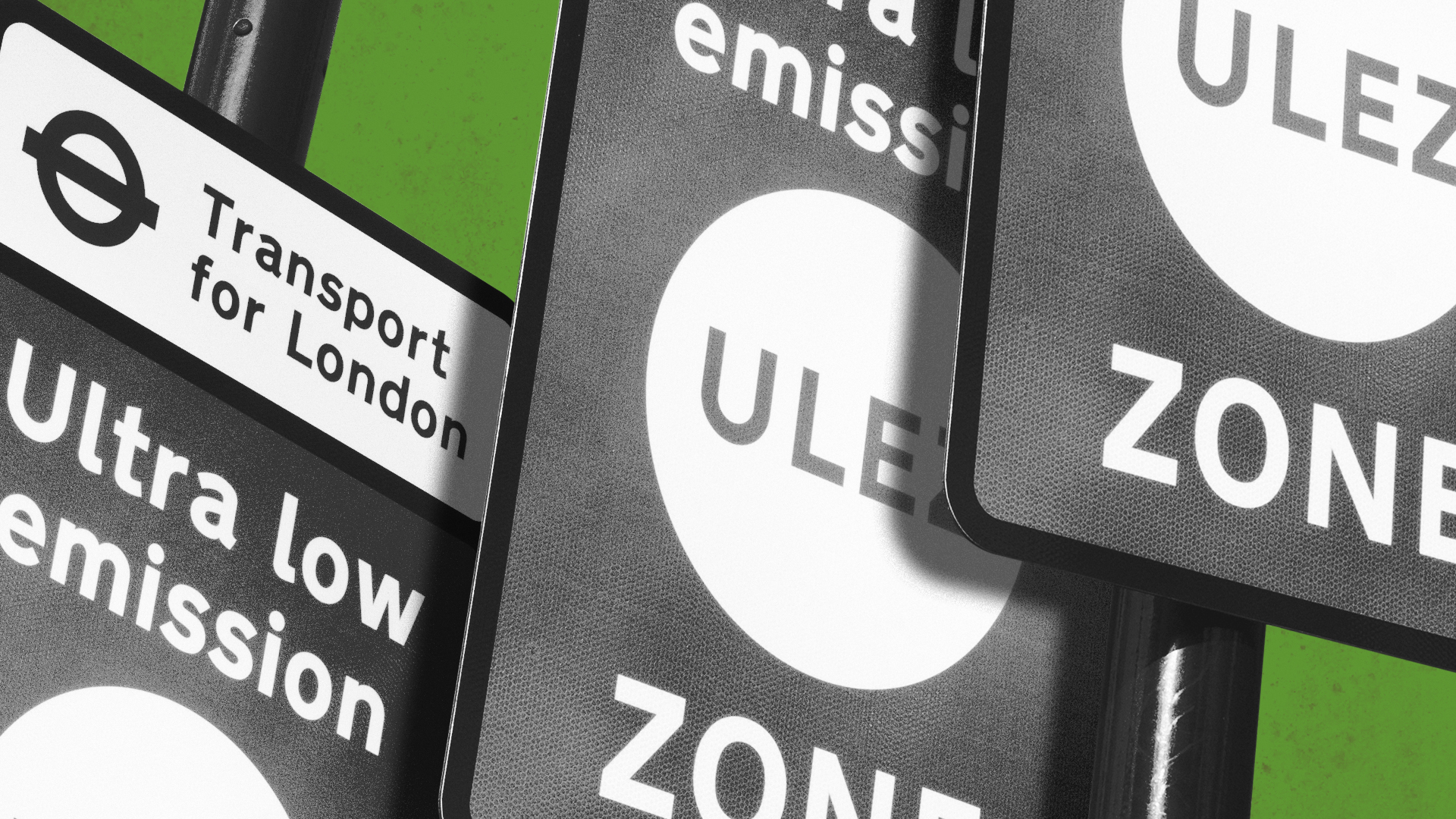 The cost of clean air: who will win the battle over low emissions zones?
The cost of clean air: who will win the battle over low emissions zones?Today's Big Question Debate has ‘turned toxic’ as legal challenge to expansion of London’s Ulez is heard
-
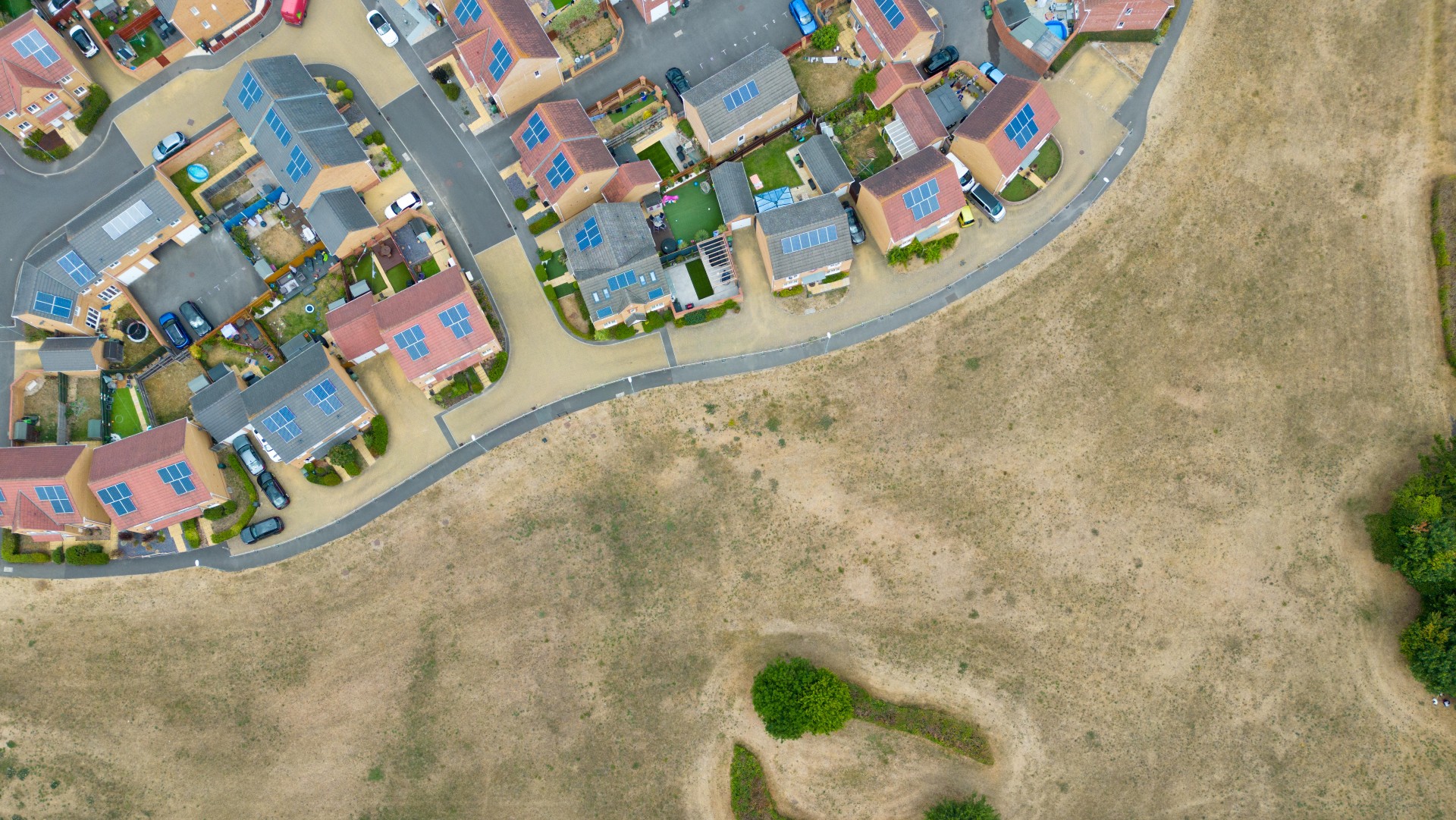 Pros and cons of building on the green belt
Pros and cons of building on the green beltPros and Cons More housing and lower house prices must be weighed against urban sprawl and conservation concerns
-
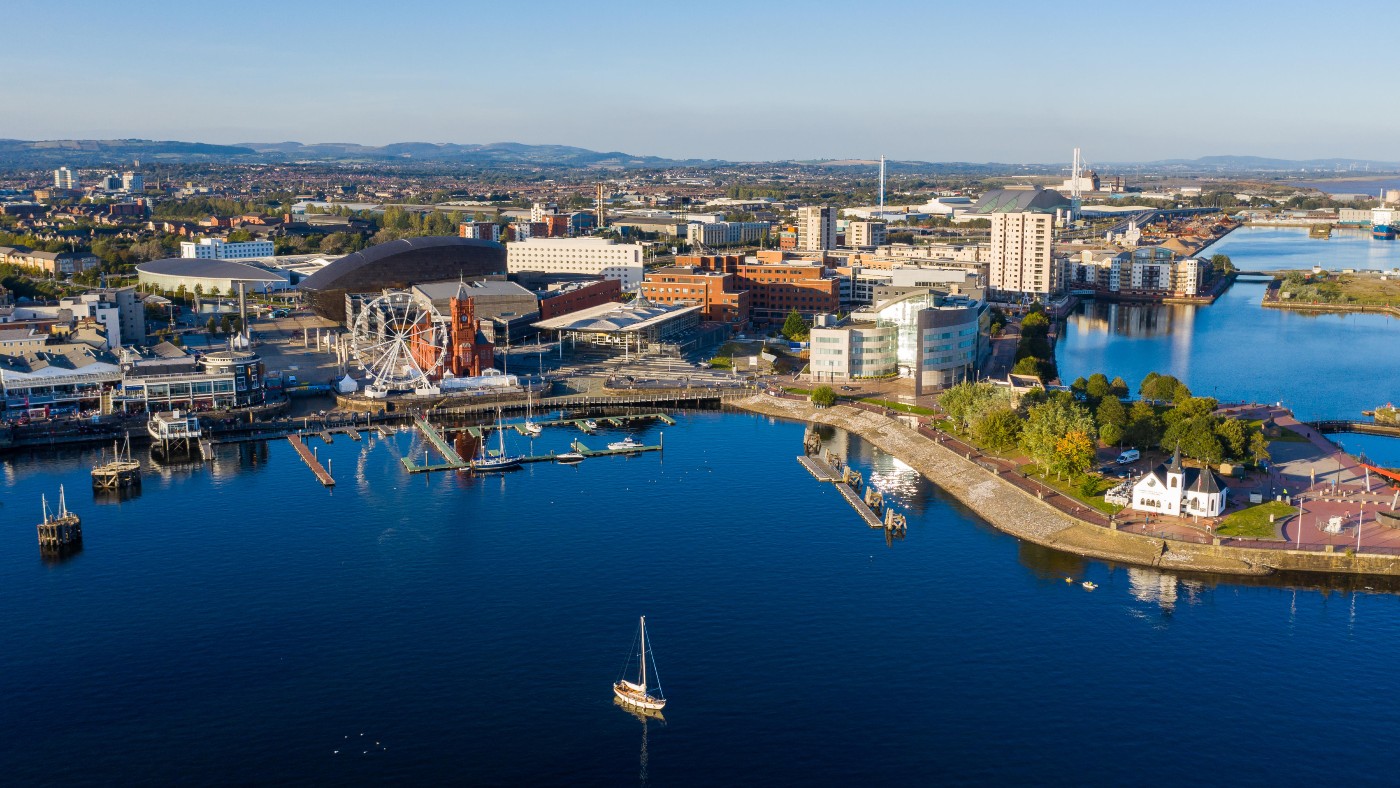 The pros and cons of a tourist tax
The pros and cons of a tourist taxPros and Cons Visitor levies can boost tourism but a lack of transparency troubles critics
-
 The pros and cons of getting a pet
The pros and cons of getting a petPros and Cons Cats and dogs offer health benefits but they are also a big commitment